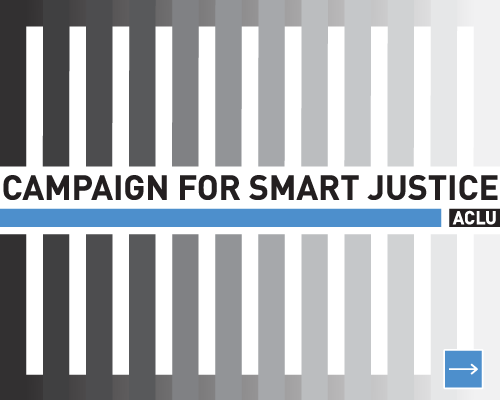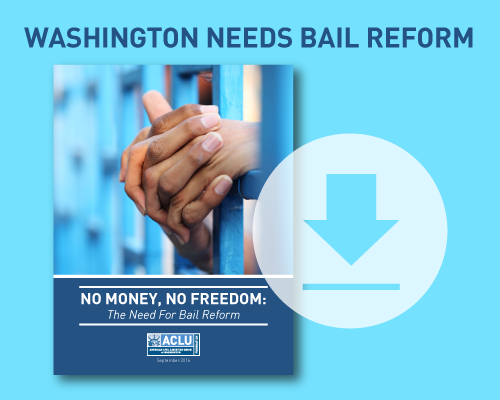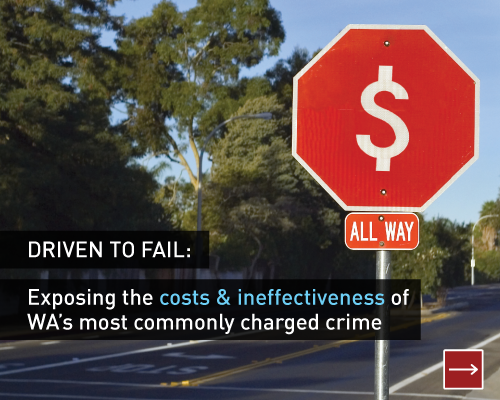Published:
Monday, June 28, 2010Last week, Seattle's weekly Stranger newspaper reported on the launch of a new meth outreach program:
For 16 years, Seattle Counseling Service (SCS), an LGBT mental-health- and addiction-counseling center, has focused its meth outreach on gay men. A month ago, the organization started something different: Women OUT, a weekly meth-abuse support group for lesbian, bisexual, transgender, and queer (LBTQ) women.
This is a good thing. Rates of current (past-month) use of methamphetamine by women and men have been equal in recent years. Why the previous focus on gay men? According to a 2004 report published by the National Alliance of State and Territorial AIDS Directors and the National Coalition of STD Directors, evidence suggested that meth use increased the likelihood of engaging in risky behavior like unprotected sex.
Well, yes, that shouldn't have surprised anyone.









